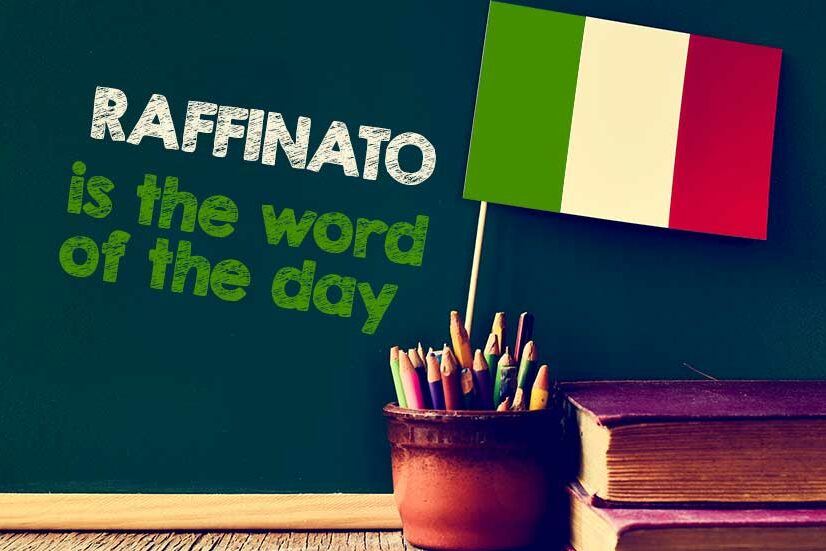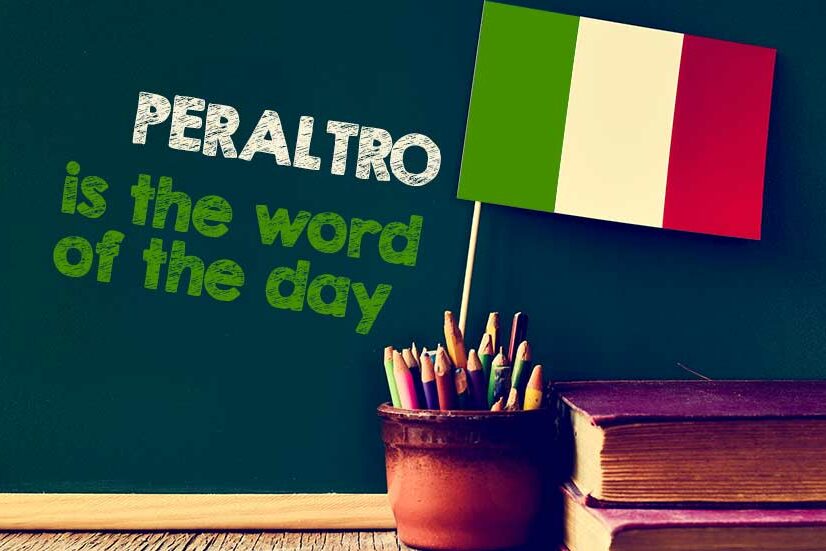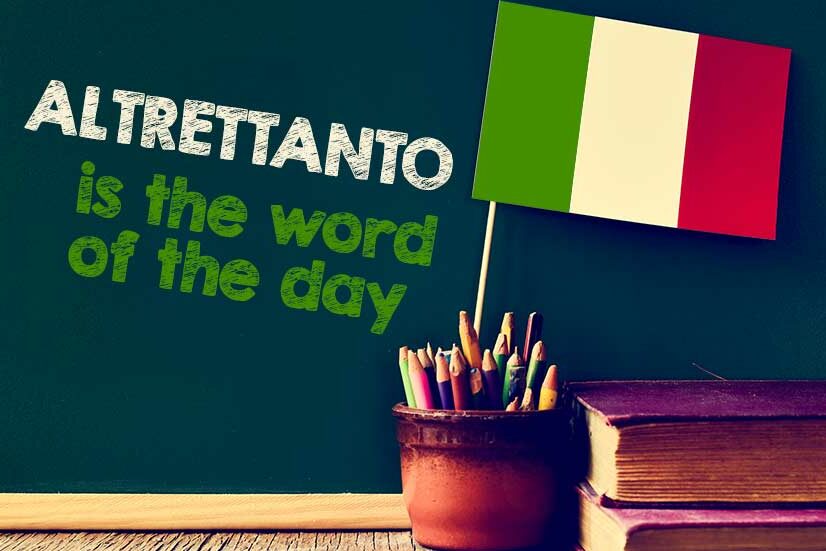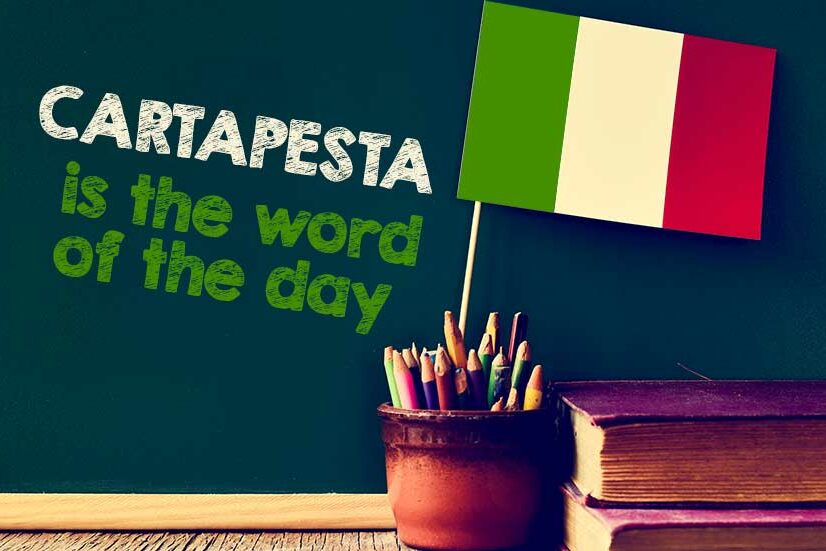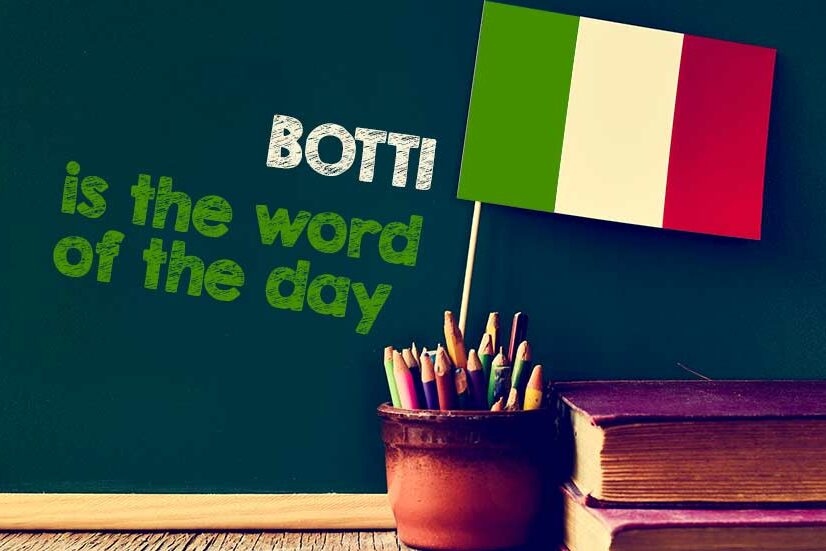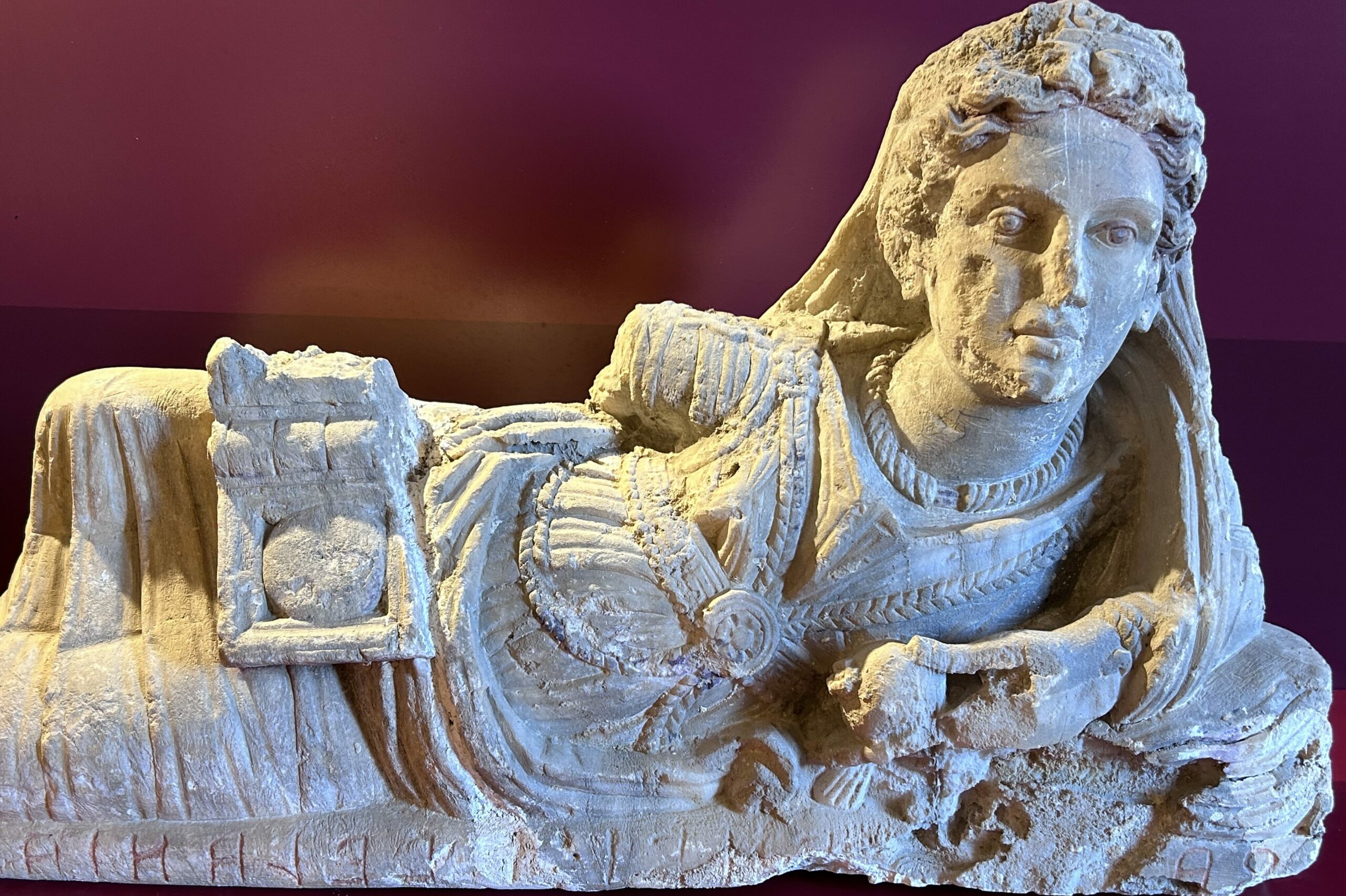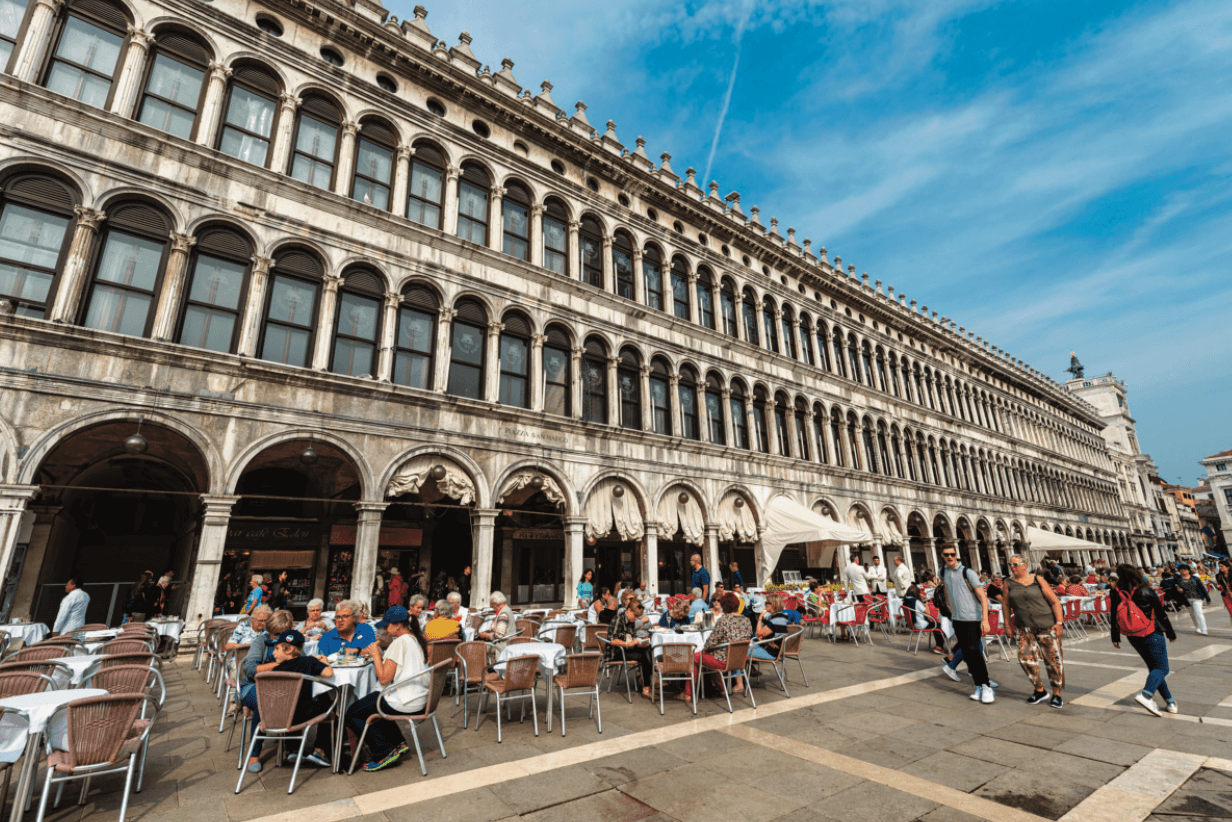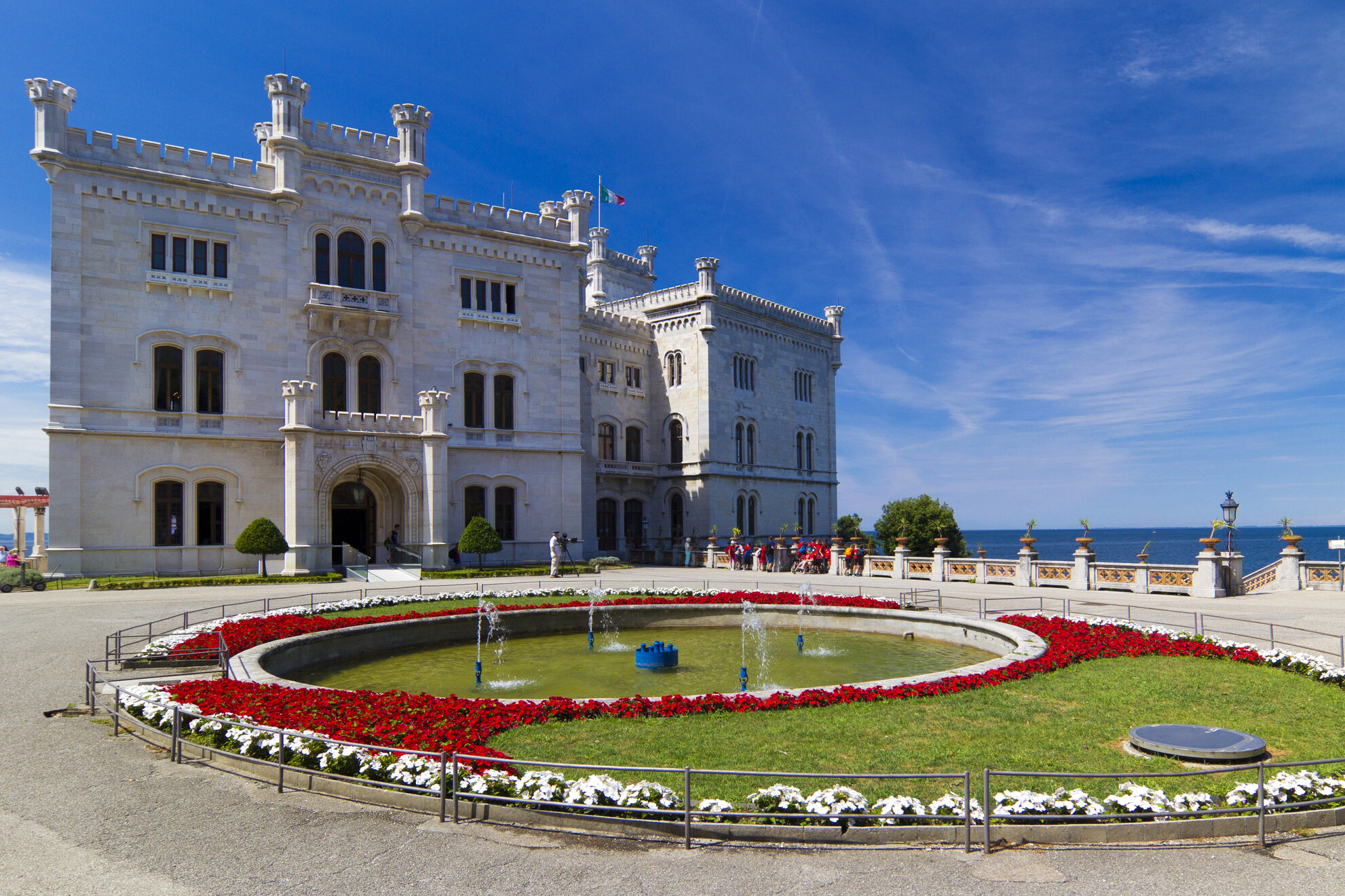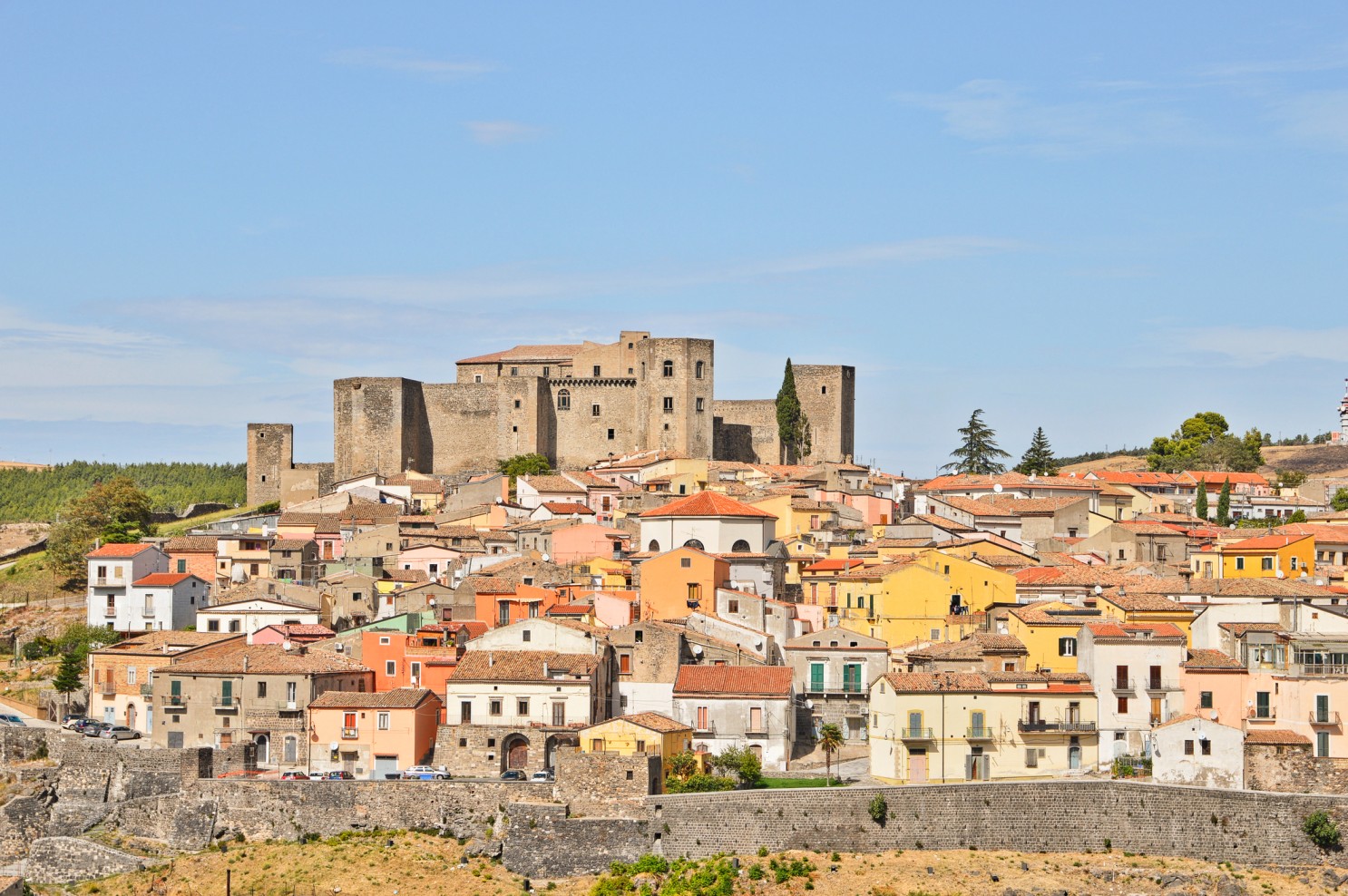Word of the Day
Today’s word, raffinato(rahf-fee-nah-toh) truly embodies elegance, sophistication, and a touch of luxury. Raffinato was first attested as an adjective (so it has a feminine and plural form, too) in the 16th century, and comes from the Italian verb raffinare, which …
The Italian word peraltro (per-ahl-troh) is an adverb that translates to “what’s more,” “moreover,” “besides,” or “furthermore” in English. It’s used to add information that emphasizes what has already been mentioned, or to highlight a point already made; for example, it can …
The word qualunque (kwa-loon-kwai) has a rich and intriguing linguistic journey. It comes from the Latin qualiscumque, a combination of qualis (meaning “what kind of”) and cumque (meaning “whichever” or “any”), which is Italian gave qual(e) and the suffix -unque, a common method in our language for creating words that express …
Today’s word, altrettanto (ahl-treht-tahn-toh), is a “univerbation,” a fancy term that means it is formed by two words: altro and tanto. This combination reflects the Latin expression alterum tantum, and it is similar to the French autant and the Venetian altretanto. These roots convey meanings like “other,” “more,” and …
Our word of the day, cogliere (koh-lleeai-reh) has a versatile range of uses and variations in meaning, rooted in its origin and etymology. Its broad spectrum of applications in the Italian language shows how adaptable it is in many different contexts! Cogliere comes …
Cartapesta (kar-tah peh-stah) means papier-mâché in English and, with coriandoli and maschera is the most quintessential of all Carnevale words. It comes from the union of carta (paper) and pesta (pounded), which reveals what it is: a concoction of paper …
Today’s word, impeccabile (eem-pek-kah-bee-lai) is something you want to be associated with anything you do. It comes from the Latin impeccabilis, which combines the prefix “in-” (meaning “not”) with peccare (meaning “to sin” or “to make a mistake”). Thus, its …
The Italian word dopotutto (doh-poh-toot-toh) a compound of “dopo” (after) and “tutto” (all or everything), encapsulates the idea of summing up or concluding with consideration of all facts, akin to the English phrases “after all” or “in the end.” This term is …
Today’s word is perfect for this time of the year! The term addobbo (ahd-dohb-boh, plural addobbi) primarily signifies “decoration” or “ornament,” as noted in various dictionaries and translations, and derives from the verb addobbare, which means “to decorate,” coupled with …
The Italian word botti (boht-tee, singular botto) carries an aura of mystery in its etymology. Its meaning, denoting a sharp blow or crack, leads us to consider its possible connection to another Italian word, botta, a term rooted in the …


